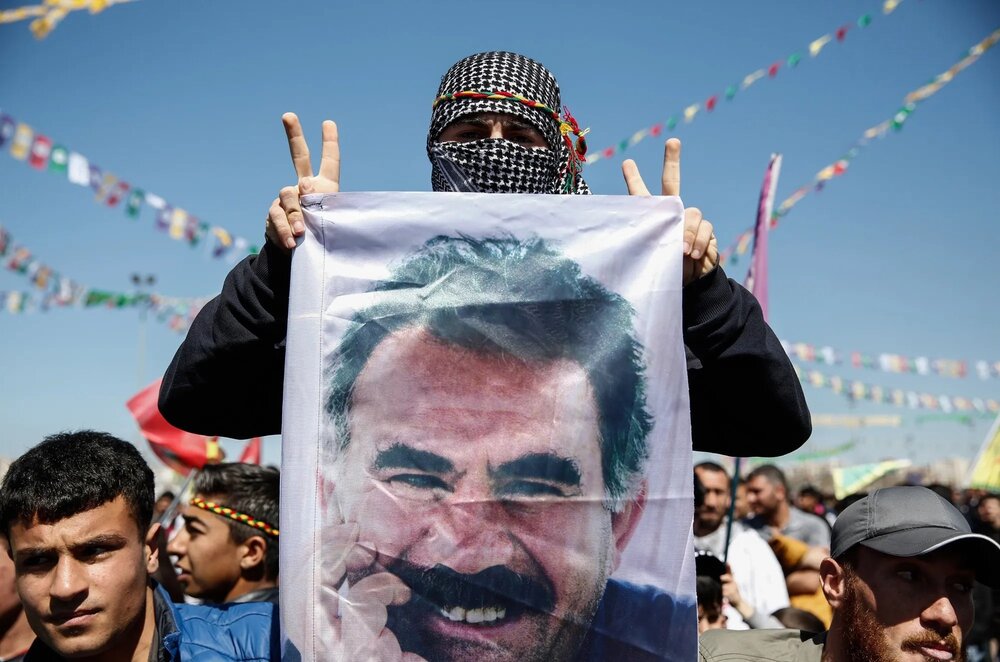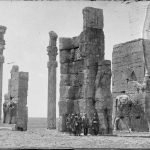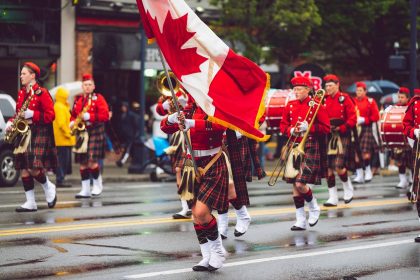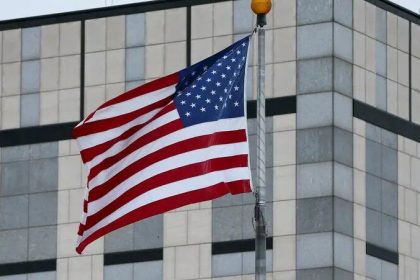Sources reported “positive” talks between Ankara and PKK
According to some informed sources, indirect negotiations between the Turkish government and the Kurdistan Workers’ Party known as the PKK are underway and a positive atmosphere is seen and there is a broad agreement on many issues.
According to Isna, some knowledgeable sources said in a conversation with Al-Mayadeen News channel today (Monday): Negotiations between Ankara and the Turkish Kurdistan Workers’ Party (PKK) are ongoing, and Turkish intelligence is talking with Abdullah Ocalan, the leader of this party in prison. is
These sources said: The Equality and People’s Democratic Party of Türkiye, which supports the demands of the Kurds, will convey the agreed ideas and formats to the leaders of the PKK party.
They added: After meetings with the Justice and Development Party and the Nationalist Movement, the Turkish parties will meet with the People’s Republican Party today to negotiate, and at the same time as the talks between Ankara and the Kurdistan Workers’ Party, meetings will be held between the Damascus government and the leadership of the Syrian Democratic Forces.
These sources described the atmosphere of negotiations between Ankara and the Turkish Kurdistan Workers’ Party as positive and announced that there is a broad agreement on some issues with Öcalan.
They emphasized: The Turkish government and other parties tend not to leak information because negotiations need time and go through several stages. These stages of negotiation with Öcalan, then presenting the report of the negotiations to the leaders of the PKK party, and then returning to Öcalan at the same time as the negotiations about the developments.
Pointing out that all the Turkish parties except the 2 national parties “Good” and “Victory” agreed to consult with the Equality Party and the People’s Democratic Party, they said: Ankara adheres to opposing any talk about self-governing in Turkey in these negotiations.
These sources added: PKK forces in the highlands of Turkey are expected to disarm their weapons and resolve their situation with the government or return to Qandil.
Pointing out that Ankara wants the withdrawal of PKK forces from northern Syria, they said: The Kurds also have several demands, among which is the redistricting that allows the removal of the elected mayors of the municipalities. Also, among their demands are the issuance of a general amnesty for political figures, headed by Salahuddin Demirtash, the cancellation of the trial of the People’s Democratic Party and the suspension of the trial of its leaders and members, the suspension of arbitrary attacks except by court order and not the order of the president or the minister of interior, and the cancellation Restrictions on the activities of trade unions and strikes throughout Türkiye pointed out. In addition, the Kurds demand a legal settlement that will lead to the strengthening of democracy and full citizenship that will show that everyone belongs to Türkiye.
Earlier, a Turkish newspaper claimed that the transitional government of Syria held talks with the representatives of the “Kurdistan Workers’ Party” known as the PKK and demanded their disarmament.
Also, these sources said about the negotiations between the Damascus government and the SDF leadership, the meeting with Ahmad al-Shora is an initial meeting to measure opinions, and other meetings will be held after that. In a meeting with SDF leaders, Al-Shora stressed the complete rejection of federalism and the need to dissolve the Syrian Democratic Forces, as well as the need for the PKK to leave Syria, and said: “Oil infrastructure should belong to the government.”
These sources told al-Mayadeen: The SDF forces also demanded the sharing of oil resources with Damascus in the face of a quasi-autonomous government and said that the army in this area is one of their forces.
The aforementioned sources also announced the agreement with the withdrawal of PKK and all non-Syrian Kurdish forces and said: SDF forces requested to establish a weapon-free zone on the border with Turkey to a depth of 20 kilometers, and they also received guarantees from the international community and Ankara. They demanded not to start any hostile military action against Turkey.
They emphasized: the deadlock in the relationship led the two sides to these agreements because the two sides suffered losses and neither of them can make a decision, and Ankara realized that the international actors will never leave the Kurds, especially in Syria, and among other factors that These agreements were led by Israel’s attempt to openly and forcefully coordinate with the Kurds and America’s initial attitude towards solving the Kurdish problem.
end of message
RCO NEWS
RCO
















